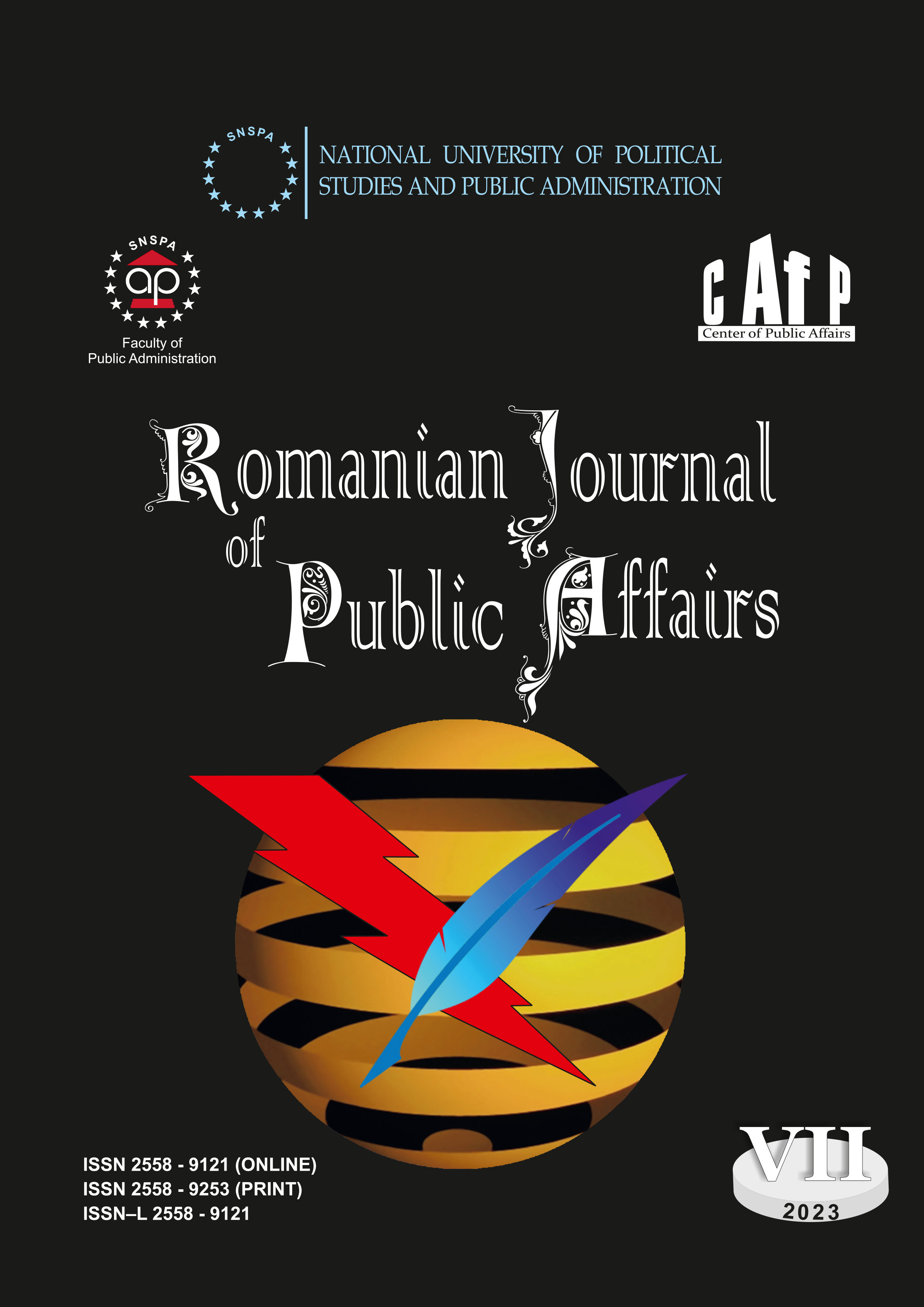The role of public administration in interreligious dialogue. International standards and recommendations
The role of public administration in interreligious dialogue. International standards and recommendations
Author(s): Cătălin RaiuSubject(s): Public Administration, Theology and Religion, Government/Political systems, Inter-Ethnic Relations
Published by: Editura Economică
Keywords: De-politicisation; Freedom of Religion; International Organizations; Democratization; Dialogue;
Summary/Abstract: Interreligious dialogue, recognized as a democratic instrument with the potential to foster respect and cooperation, occupies a pivotal role within the general democratic framework. Despite its significance,international organizations have not prescribed a specific framework for conducting interreligious dialogue. Instead, a diverse range of option sexists, from ad-hoc to institutionalized formats, involving various stakeholders from religious leaders to local communities. This review study addresses the evolution and conceptual foundations of interreligious dialogue, while also exploring its integration into the democratization process. The first section of the study defines key terms within an interreligious dialogue framework using a conceptual framework from the social and political sciences. The avoidance of “conceptual stretching”, as articulated by Giovanni Sartori, is emphasized to elucidate commonalities between religious freedom (Freedom of Religion or Belief – FoRB) and interreligious dialogue, highlighting the crucial role of FoRB in governinginterreligious discourse. The subsequent sections of the study delve into the multifaceted nature of interreligious dialogue, examining its formats,benefits, and the role of the State in promoting it. The study identifies diverse formats, from theological exchanges to non-hierarchical cooperation,emphasizing the importance of common goals and avoiding the imposition of individual perspectives and politicisation. In conclusion, this study systematizes the core elements of interreligious dialogue and underscores the importance of inclusivity, de-politicisation, neutrality, and dialogue over debate, ultimately contributing to a contemporary democratic model for interreligious dialogue that upholds the values of freedom and cooperation within diverse societies.
Journal: Romanian Journal of Public Affairs
- Issue Year: 2023
- Issue No: 7
- Page Range: 79-98
- Page Count: 20
- Language: English

